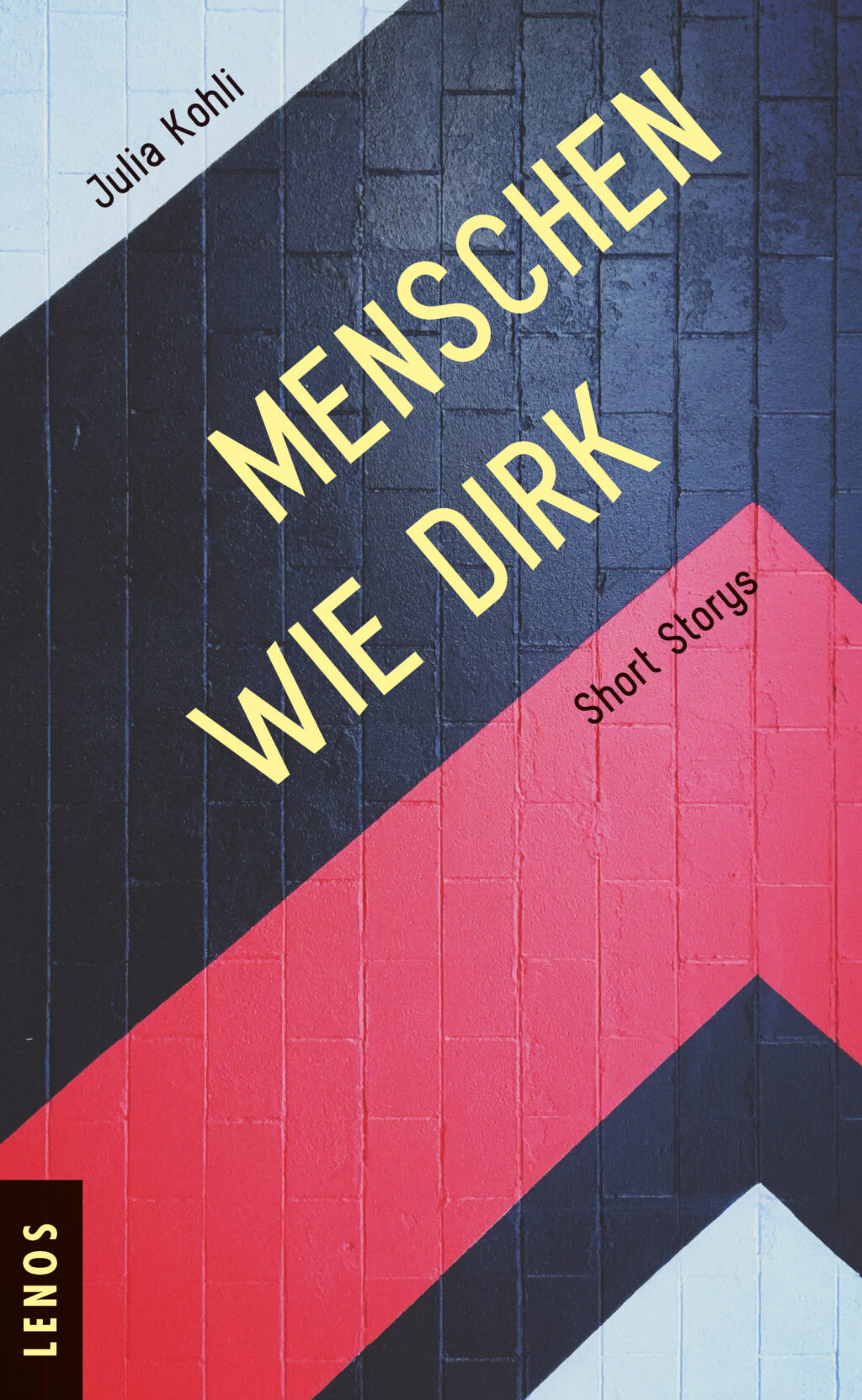review
Julia Kohli’s short story collection People Like Dirk examines modern-day gender politics, digital discourse and cancel culture with a dark and satirical eye. While original, Kohli’s work fits well with today’s most popular literary fiction – from Patricia Lockwood’s ease with internet culture to Ottessa Moshfegh’s satirical eye and Sally Rooney’s social observations.
The seven short stories in People Like Dirk are thought-provoking, prescient and, in their own perverse way, a lot of fun. Making full use of bold cultural references, the pieces take a fresh look at a range of compelling topics relating to feminism and technology. Always aware of complexity, hypocrisy and vulnerability, Kohli climbs inside the perspectives of incels and misogynists, as well as conflicted women grappling with the repercussions of male violence. Her skill lies in bringing the reader uncomfortably close to her characters’ thought processes, showing us how the darkest ideologies can take hold in the flawed and vulnerable humans around us – how it can happen to people like Dirk.
In the opening story, the eponymous Dirk is a former teenage Satanist, now a young man dabbling in men’s rights radicalism. His slouch into apathy is arrested by an impromptu journey to Mexico City and a relationship with Ana, a feminist coder with Zapotec heritage. The visit takes a grotesque turn when his provocative new tattoo begins to fester, prompting a medical emergency and a trippy healing experience where he seems to learn to love himself – only to wake up and find that his leg’s been amputated. The dramatic and lyrical turn Dirk’s story takes is the first indication of quite how much more these stories have to offer than straightforward or didactic fables.
The collection doesn’t shy away from violence. ‘Samantha’, for instance, introduces the reader to a philosophy student turned air stewardess, who snaps when an unruly passenger gropes her mid-flight – and slices off his penis in full view of the other passengers, a moment that offers her an unlikely, triumphant freedom. ‘Pierre’ meanwhile exposes Pierre and Jacqueline, French cultural royalty, as trapped in a marriage on the brink of unravelling – with an argument about Roman Polanski being the unlikely spark that causes Jacqueline to murder her husband.
Most of the stories are told in a close third person, taking the reader on a rollercoaster ride inside the psyche of the characters, who are often about to crack under the pressures of modern life. Kohli’s treatment of her characters is both sympathetic and savage. Each story is packed with dark humour and lurid imagery, yet moments of redemption emerge through natural beauty and human fragility.




All recommendations from Autumn 2021